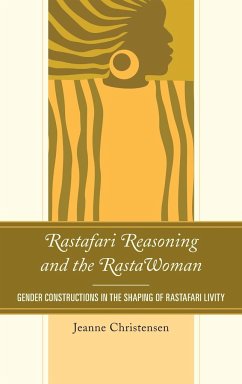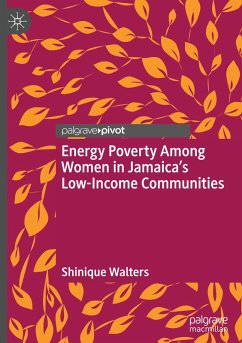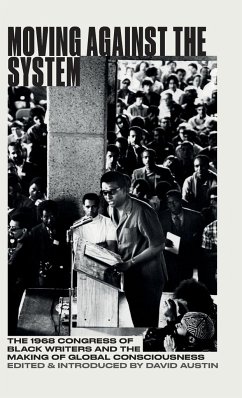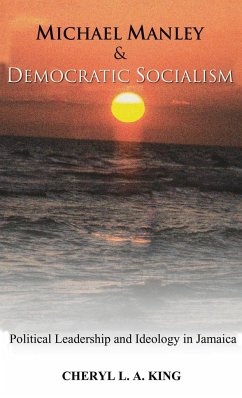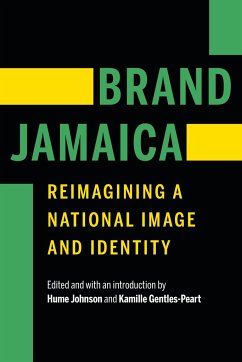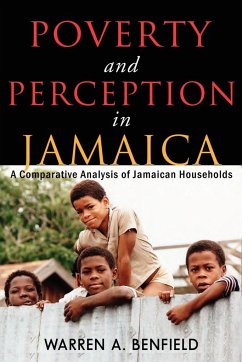
Poverty and Perception in Jamaica
A Comparative Analysis of Jamaican Households
Versandkostenfrei!
Versandfertig in 1-2 Wochen
39,99 €
inkl. MwSt.

PAYBACK Punkte
20 °P sammeln!
Although many studies exist on poverty in developing countries, traditionally they tend to utilize either a subjective or an objective approach. This study is part of an emerging trend and embraces both methodologies and utilizes qualitative and quantitative data to study poverty in five Jamaican communities. In the course of his research, Benfield found that individuals often defined themselves as poor when the government did not and vice versa. In many cases, individuals did not participate in social and economic programmes because they did not believe they were "poor" although the governmen...
Although many studies exist on poverty in developing countries, traditionally they tend to utilize either a subjective or an objective approach. This study is part of an emerging trend and embraces both methodologies and utilizes qualitative and quantitative data to study poverty in five Jamaican communities. In the course of his research, Benfield found that individuals often defined themselves as poor when the government did not and vice versa. In many cases, individuals did not participate in social and economic programmes because they did not believe they were "poor" although the government objectively defined them as such. For many of these households, their definition of their economic status depended on their access to education, their neighbourhood, their purchasing power for consumable goods, whether or not they received remittances from abroad, and their gender. Poverty and Perception in Jamaica has major policy implications for Jamaica and the increased economic well-being of its citizens. Benfield proposes problem-solving measures for poverty alleviation and this work makes a significant contribution to the theoretical literature on poverty measurement.



